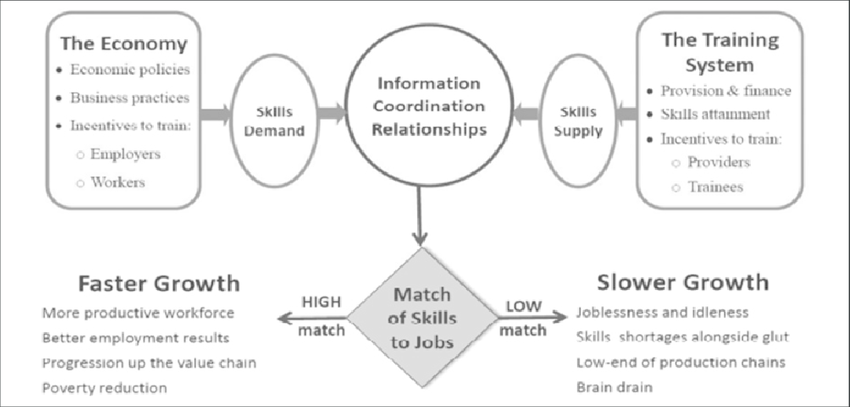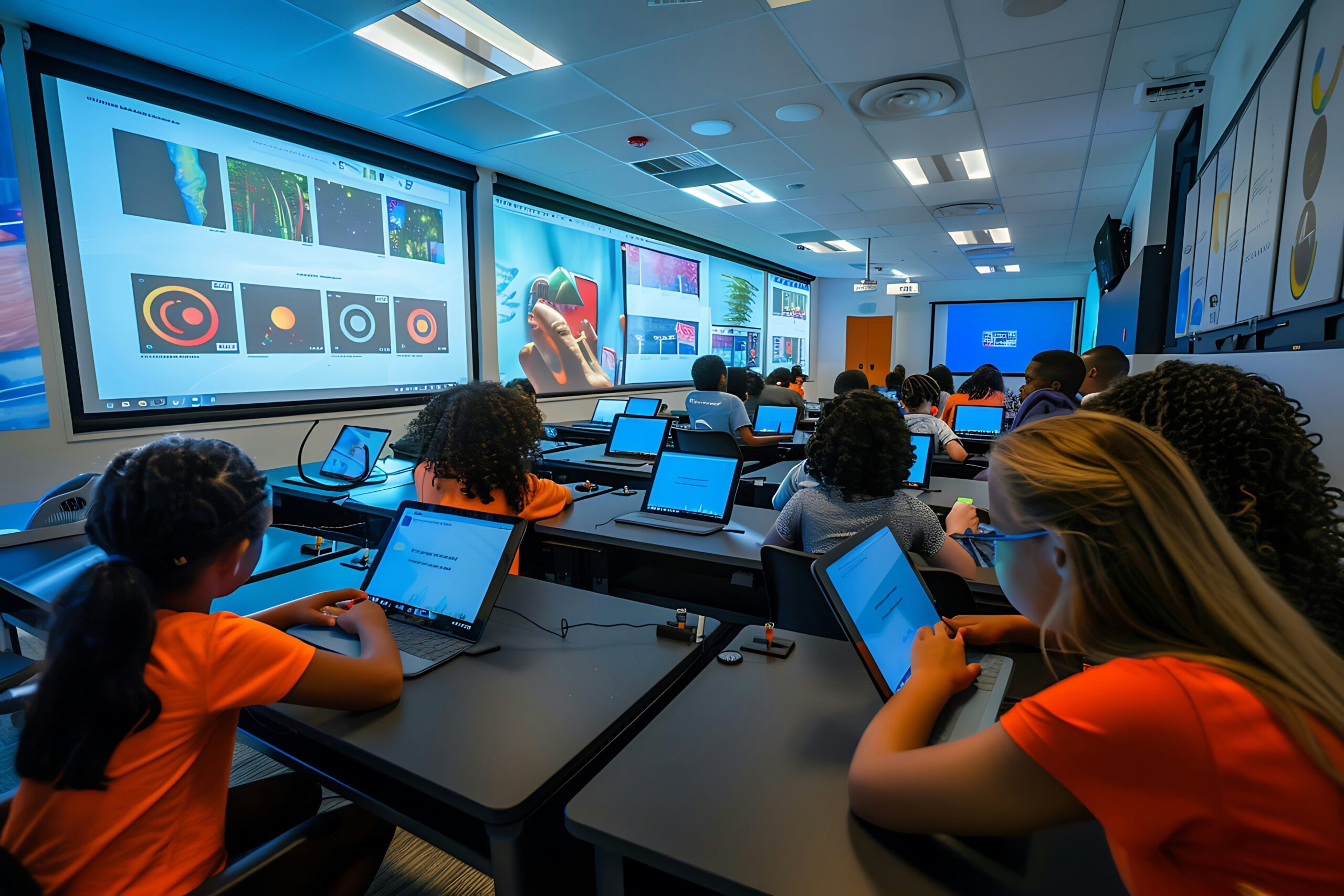Across the world, a major shift is happening in education. As climate change becomes an even greater concern, governments, industries, and schools are waking up to a new reality: we need “green skills” — abilities that equip people to drive sustainability in every sector. For STEM education, this is not just an update; it’s a total transformation. The future of science, technology, engineering, and mathematics is being reshaped with sustainability at its heart. At ECO STEM, we know the time to act is now. We must prepare students to thrive in the green economy that is fast becoming our new normal.
What Are Green Skills?
Green skills are a mix of technical knowledge, critical thinking, and practical abilities that help protect the environment while supporting economic growth. Think expertise in renewable energy, sustainable engineering, environmental data analysis, eco-friendly construction, clean manufacturing, and using AI and IoT for climate solutions.
Today, only 1 in 8 workers has any green skills at all (LinkedIn Global Green Skills Report, 2023). The gap is wide — and education must fill it.
Why STEM Education Must Pivot
The old STEM curriculum can’t meet the demands of today’s world. Sustainability can no longer be an optional topic or a one-off course. It must be embedded deeply into every science, tech, engineering, and maths program. Tomorrow’s STEM graduates must not only solve problems — they must build solutions for a planet under pressure.
Forward-thinking universities and colleges around the world are already taking the lead. They are merging climate science with robotics, AI, and engineering. Before long, employers in industries like energy, construction, agriculture, and biotech will expect green skills as a basic requirement.
Opportunities for Educators and Policymakers
- Curriculum Innovation: Create courses that connect STEM subjects to climate science, the circular economy, and sustainable design.
- Green Tech Exposure: Familiarize students with technologies like carbon capture, smart grids, bioengineering, and green hydrogen.
- Industry Collaboration: Build partnerships with companies leading the green transition. Let students learn directly through internships, mentorships, and real-world projects.
- Global Competency Building: Prepare students to think globally and solve climate challenges that cross borders.
Case Studies: Leading the Green Skills Revolution
1. Technical University of Denmark (DTU) At DTU, sustainability runs across all engineering programs. Every student must take courses in environmental design and climate innovation. Their “Green Challenge” competition inspires students to present engineering solutions that can make real environmental impact.
2. Arizona State University’s School of Sustainability ASU has created unique degrees that blend STEM with public policy, business, and urban planning. Students work hands-on with local communities and businesses moving towards greener practices.
3. Stellenbosch University, South Africa Stellenbosch University addresses Africa’s unique energy challenges through its Centre for Renewable and Sustainable Energy Studies (CRSES). The university has established research centers focusing on renewable energy, sustainable agriculture, and water management. These initiatives also support student-led startups aimed at solving real-world sustainability issues.
The African Context: A Unique Opportunity
Africa stands at a powerful crossroads. The green skills revolution offers a chance not just to catch up but to leap ahead — creating a workforce that leads the way in climate-smart solutions.
At ECO STEM, we imagine an Africa where young people are building solar grids for remote villages, using AI to boost farming yields, and designing roads and cities ready for a changing climate.
In fact, According to a report by FSD Africa and Shortlist, Africa’s green economy could generate up to 3.3 million direct jobs by 2030, especially in sectors like renewable energy, sustainable agriculture, and climate adaptation.
Conclusion
The future of STEM is tied to the future of our planet. Green skills are fast becoming the new literacy for tomorrow’s workforce. Schools, governments, and industries must come together to build pathways from the classroom to the green economy.
At ECO STEM, we are proud to be part of this global shift — helping young minds prepare not just to fit into the future, but to lead it.
The green revolution in education is here. The real question is: are we ready to embrace it?




